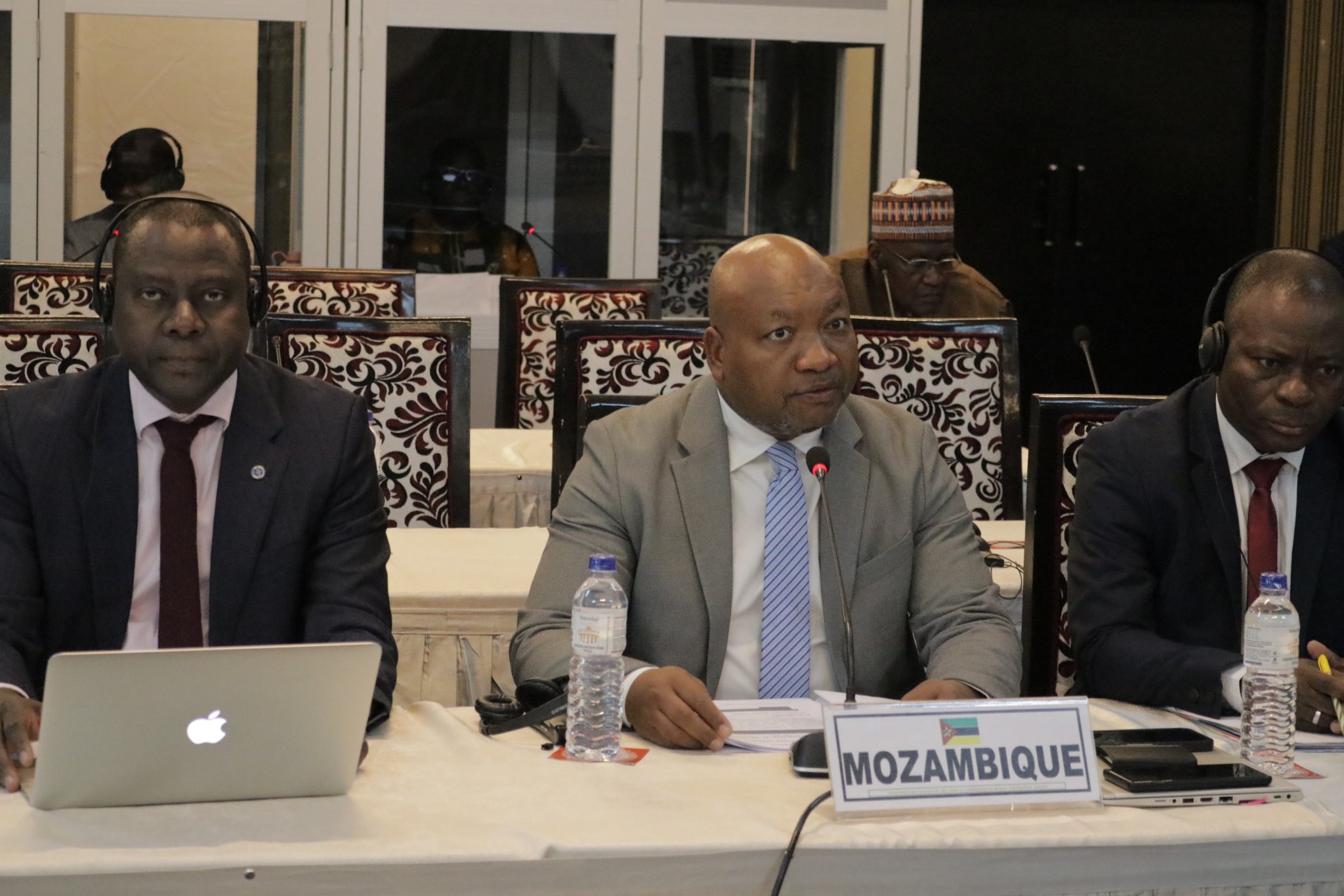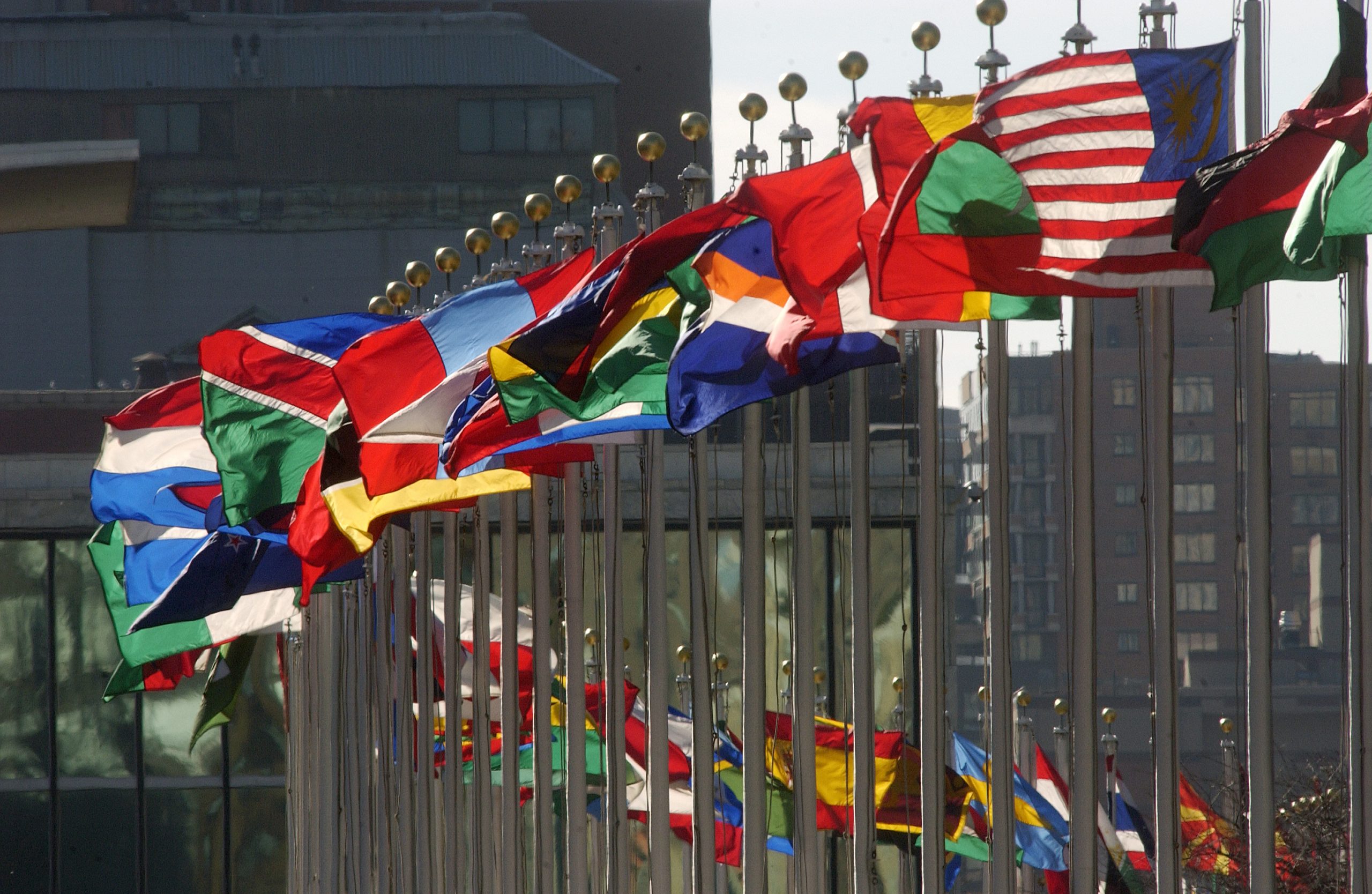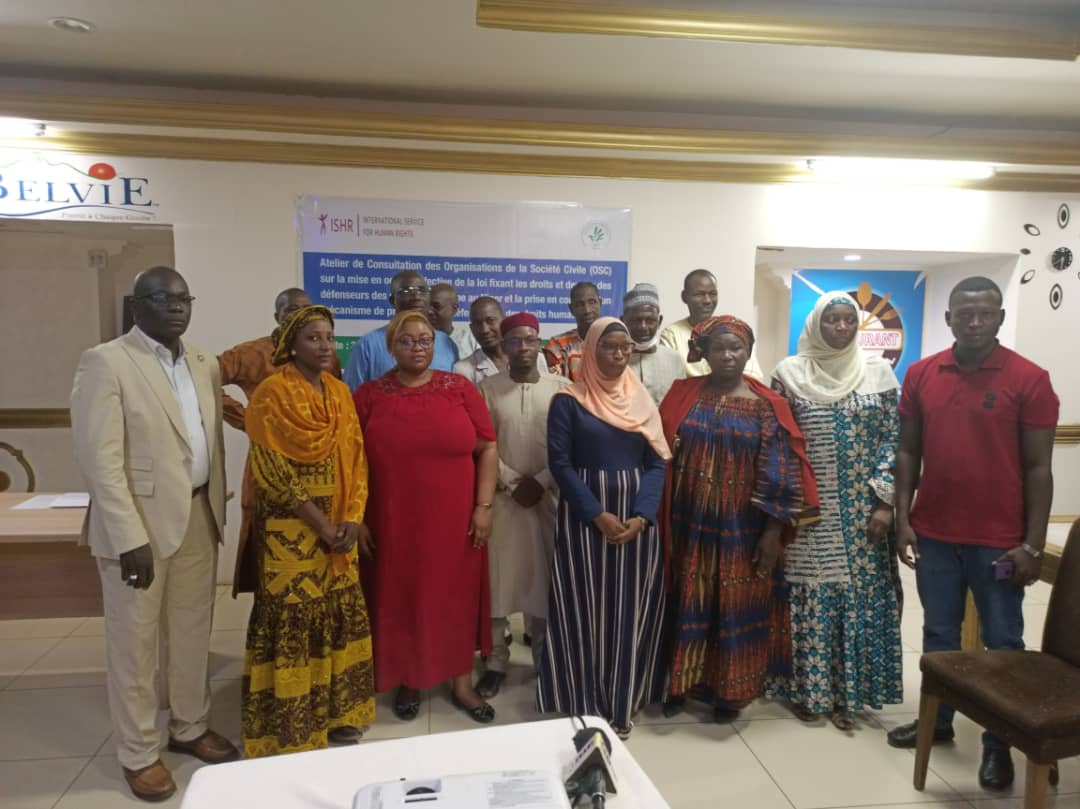The resolution’s passage demonstrates the continued strength of the international commitment to upholding the rights and dignity of all individuals, regardless of their sexual orientation or gender identity.
The resolution – which this year focuses on media freedom and freedom of expression – calls for the strengthening of the UN’s role in the promotion of democratisation and enhancing periodic and genuine elections, and emphasises the need for States to take measures to eliminate laws, regulations and practices that discriminate, directly or indirectly, against citizens’ right to participate in public affairs, including on grounds such as race, colour, ethnicity, race, national or social origin, sex, sexual orientation and gender identity, language, religion, political views or on the basis of disability. In a welcome move the resolution was passed with 146 votes in favour, 1 against and 25 abstentions with the words “sexual orientation and gender identity” intact, but not before some States first brought several motions to remove or dilute that language. All motions failed, including the motion to remove “sexual orientation and gender identity” which was ultimately defeated by 82 votes against, with 63 votes in favour and 11 abstentions.
Discussions surrounding the votes today were intense, taking just over two hours. In a departure from previous years, a vote was called on the text by the Russian Federation, who ultimately abstained on the vote. Strong statements in support of both the resolution, which was presented by the United States of America, and its universal application were made by UN Member States from every region, even as others expressed support for the failed amendments.
“In the face of rising anti-human rights movements targeting minorities, including lesbian, gay, bisexual, transgender, and queer (LGBTQ) people, this resolution’s adoption is a reminder of the great progress that has been made over the years. It sends a powerful message that discrimination and violence against LGBTQ individuals will not be tolerated and that their rights are fundamental and universal,” said Maria Sjödin, Outright International Executive Director.
The inclusion for the second time of protections for sexual and gender minorities in this resolution is a significant milestone in the ongoing struggle for equality and justice. Outright International and other human rights organisations have documented numerous instances of LGBTQ people facing discrimination at the polls or in other aspects of the democratic process. For example, an activist told Outright that during voter registration in the Democratic Republic of the Congo in March and April 2023, trans people were assaulted and sexually harassed in registration centres, sometimes under the eyes of law enforcement.
In 2022 in Kenya, women, girls, and masculine-presenting women were subject to violence and harassment based on their perceived sexual orientation and gender identity during the presidential election campaign. In an incident where some of the people were nearly stripped naked, perpetrators accused them of supporting a presidential candidate that would “allow them to practice homosexuality.”
In 2019, the UN Independent Expert on Sexual Orientation and Gender Identity observed during his country visit to Georgia that “in public spaces, homophobic hate speech … is at its height during elections, as the theme of sexual orientation and gender identity is often used to political ends.”
A recent report from UNDP highlights further examples of violence against persons of diverse sexual orientations and gender identities in politics and elections around the world.
“This UN resolution is important in maintaining an international norm clarifying that democratic processes are for everyone. Critically the resolution recognises the role of human rights defenders, including in the promotion of democracy. We encourage all Member States to facilitate the full, effective, equal and meaningful participation of civil society in electoral processes;”, said Tess McEvoy from ISHR.
Outright International and ISHR calls on UN Member States to follow through on commitments by adopting concrete measures to improve awareness, acceptance, and legal protections for individuals of diverse sexual orientations and gender identities worldwide. All States should examine the functioning of their electoral institutions and democratic processes with an eye to dismantling discriminatory laws and practices that perpetuate violence and exclusion.
Outright International and ISHR, in particular, commend the UN Member States that voted against the attempts to remove “sexual orientation and gender identity” from this resolution, recognising their commitment to human rights and the importance of recognising LGBTIQ people in order to create truly inclusive democracies. We urge all Member States to continue their efforts to promote and protect the rights of LGBTQ and intersex individuals, both domestically and internationally.




